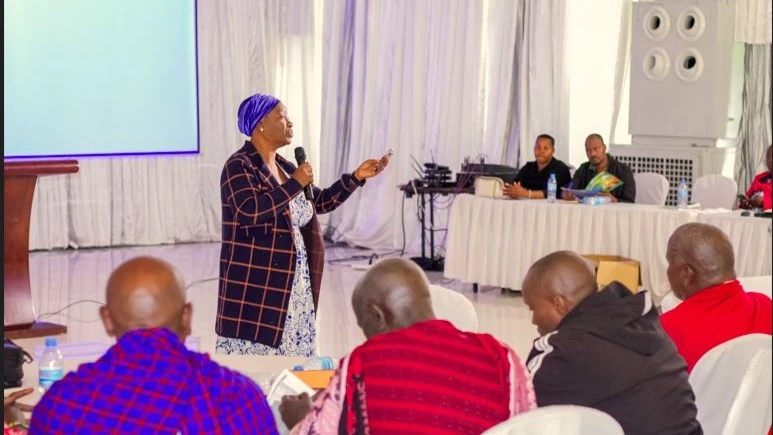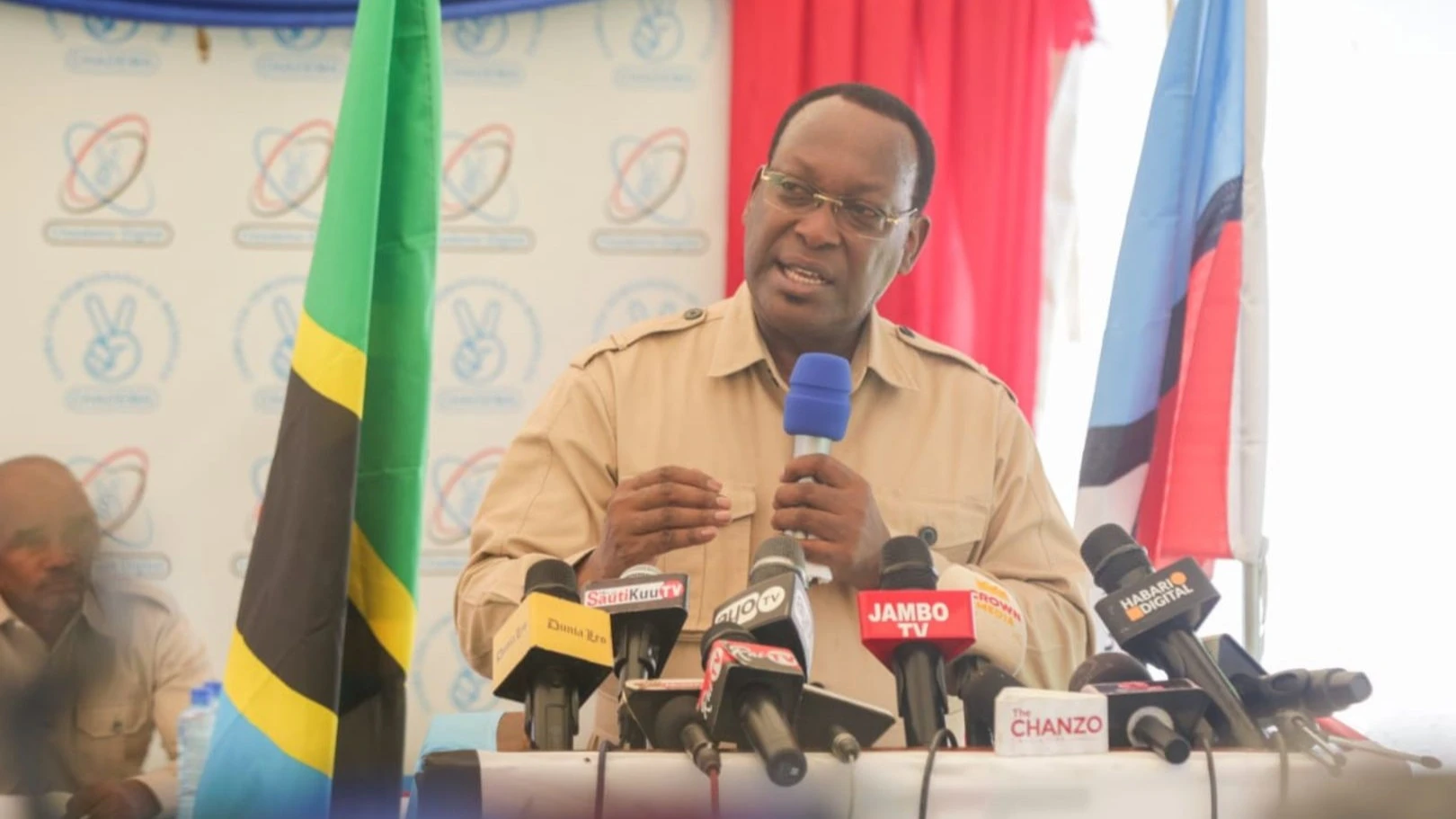EACOP employs PAPs consultations to counter negative foreign portrayal

THE East African Crude Oil Pipeline (EACOP) Limited is a special purpose company that owns a 1,443-kilometer crude oil export infrastructure, designed to transport Uganda’s crude oil from Hoima District to Tanga, Tanzania.
A marine export terminal will be built at Chongoleani Peninsula in Tanga to facilitate the export of Uganda’s crude oil to international markets.
EACOP is a significant economic project aimed at benefiting both Tanzania and Uganda by creating jobs, boosting public revenue, building infrastructure, and encouraging technology transfer.
Local communities are expected to benefit from the "local content" approach, which emphasizes training local workers and using local contractors for construction and supply needs.
However, EACOP has faced harsh criticism from local and international observers. Some of these criticisms are baseless and even malicious. Critics claim that EACOP undermines the interests of the people along the pipeline route—referred to as Project Affected Persons (PAPs)—and disregards wildlife, biodiversity, and the rights of indigenous peoples.
These accusations not only damage EACOP's image globally but also harm the broader interests of Tanzanians and Ugandans, whom these critics claim to defend.
While no institution is immune to criticism, as noted by Lekao, criticism should be informed and not driven by ill intentions.
Contrary to the negative portrayal, in Tanzania, EACOP has shown respect for the environment, indigenous communities, and biodiversity. Tanzania, with over 120 tribes, includes many smaller nomadic communities that still hold their customs and traditions in high regard, especially regarding their tribal sites.
EACOP has proven to be a project that cares for these communities and follows international guidelines, including the United Nations Guiding Principles on Business and Human Rights, and International Labour Organization agreements.
EACOP has conducted extensive environmental surveys to identify critical habitats, and these surveys address many concerns raised by critics.
The pipeline route does not cross Lake Victoria or any International Union for Conservation of Nature (IUCN) classified sites.
The project avoids areas populated by chimpanzees or other significant wildlife. Where the pipeline passes through critical habitats, the project commits to using environmental offsets to achieve a net gain, as agreed upon by stakeholders and endorsed by the Tanzanian and Ugandan governments.
In Tanzania, EACOP meets with indigenous representatives four times a year to discuss the project's progress and address concerns. The most recent meeting took place in Arusha from September 19-21, 2024.
During these meetings, EACOP updates indigenous leaders from various communities, such as the Wataturu, Wamasai, Wakiha, and Wabarbaig, representing 29 villages across nine councils and seven districts, including Handeni, Kilindi, Simanjiro, Kiteto, Kondoa, Hanang, and Igunga.
Samwel Lekao, a representative of the Wamasai community in Kiteto District, praised EACOP for adhering to international laws protecting indigenous rights and wondered why the project continues to be portrayed negatively. He highlighted that EACOP routinely consults with marginalized communities, updates them on project developments, and addresses any concerns.
James Gejaru, a leader from the Wabarbaig community, expressed gratitude to EACOP for respecting their cultural practices. He noted that EACOP altered the pipeline route to avoid disturbing a burial site of significant cultural importance to their community. Gejaru emphasized that involving traditional leaders in the project demonstrates EACOP’s respect for indigenous rights and heritage.
In contrast to other projects that disregard local customs after compensating communities, EACOP has made efforts to engage with these communities continually, as noted by Kishaida Shingalila, Chairman of the Watatoga community.
He commended EACOP for keeping communities informed about the project's impact and the opportunities it offers, such as training programs at Arusha Technical College and the Vocational Education Training Authority (VETA) in Moshi.
The EACOP pipeline will traverse eight mainland regions of Tanzania—Kagera, Geita, Shinyanga, Tabora, Singida, Dodoma, Manyara, and Tanga—covering 24 districts, 134 wards, and approximately 180 villages. Through its consultations and engagement, EACOP is demonstrating a commitment to respecting local communities and ensuring they benefit from this transformative project.
Top Headlines
© 2024 IPPMEDIA.COM. ALL RIGHTS RESERVED

























